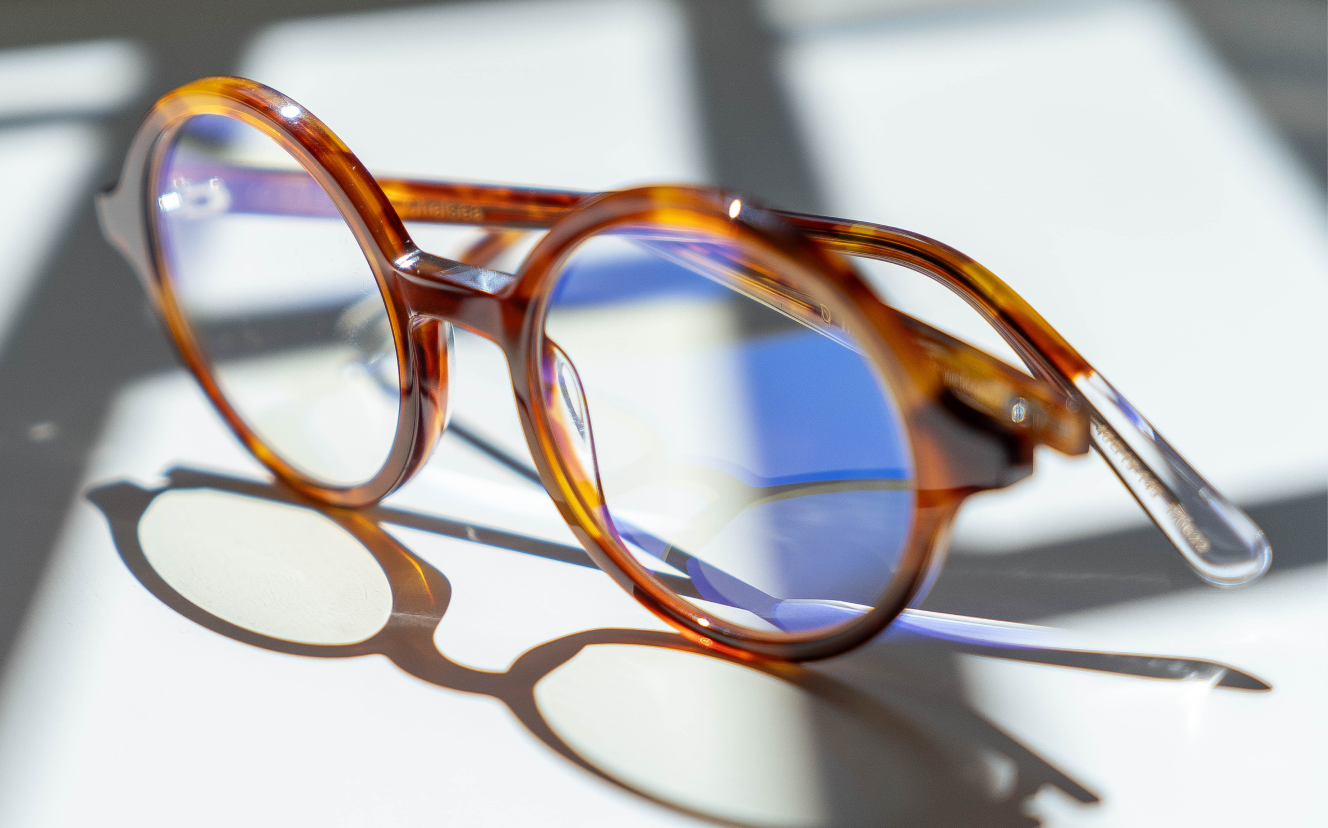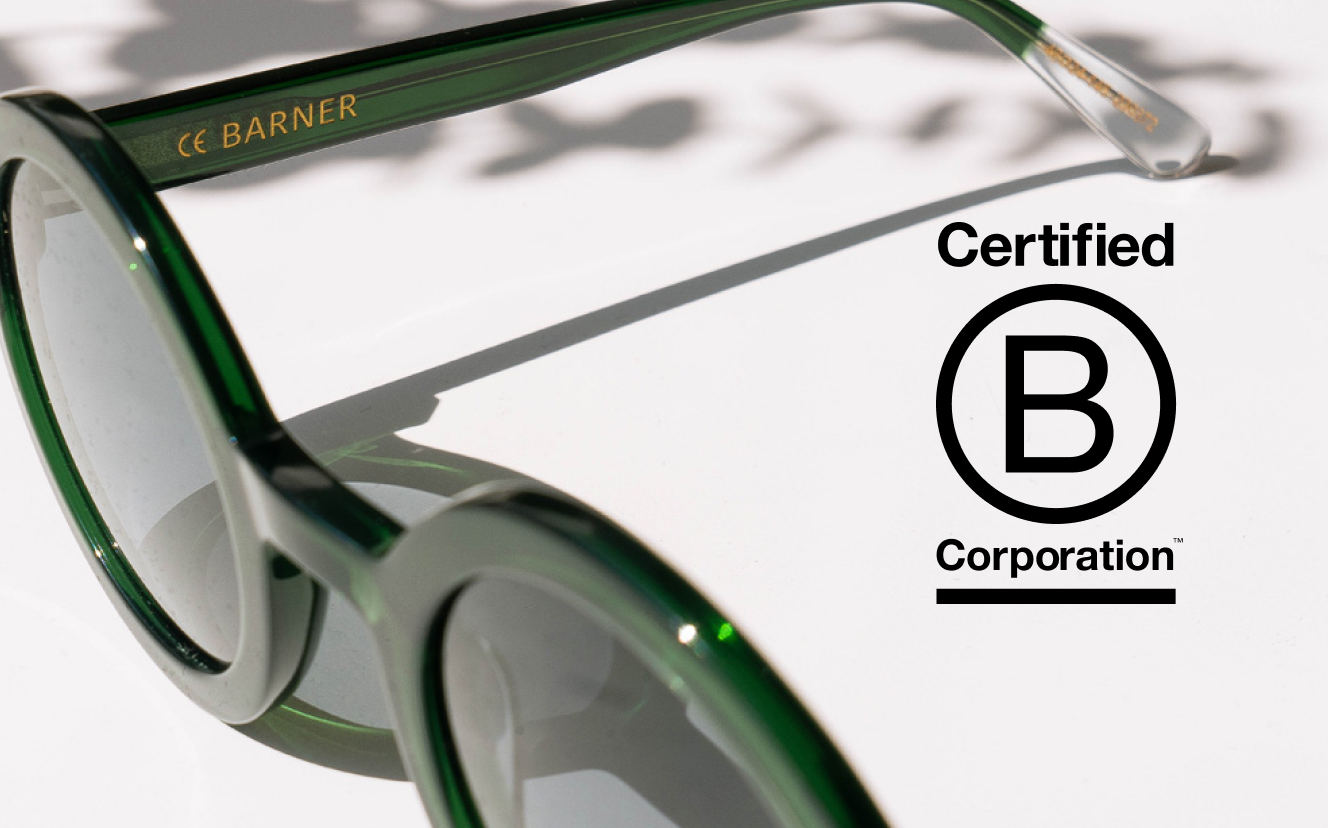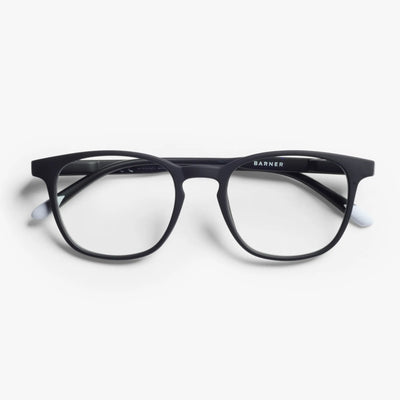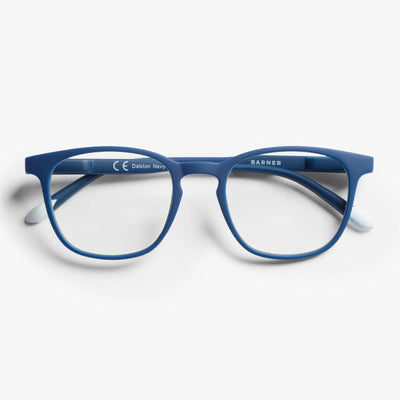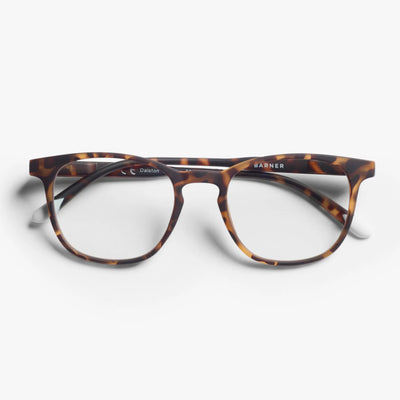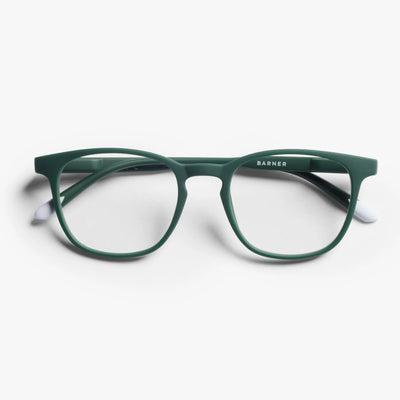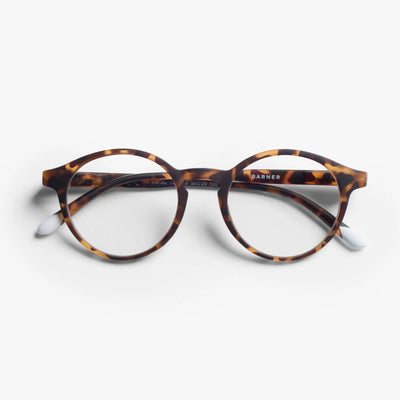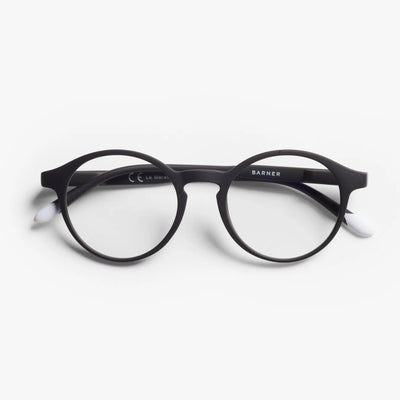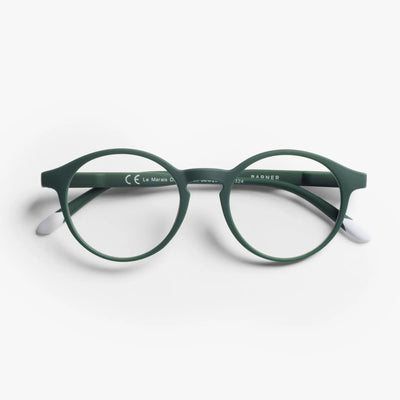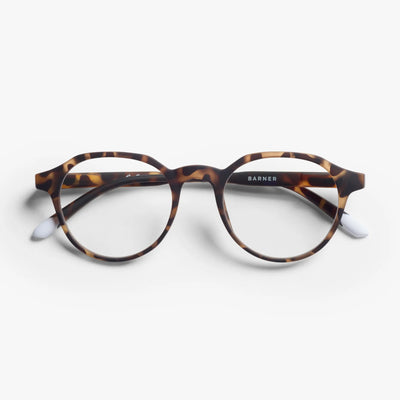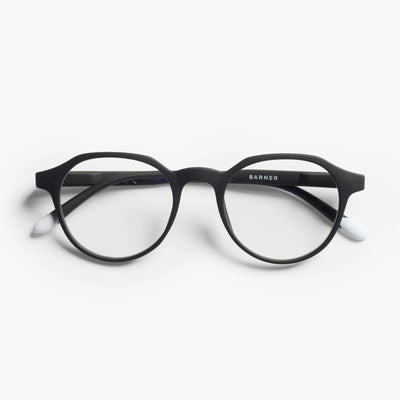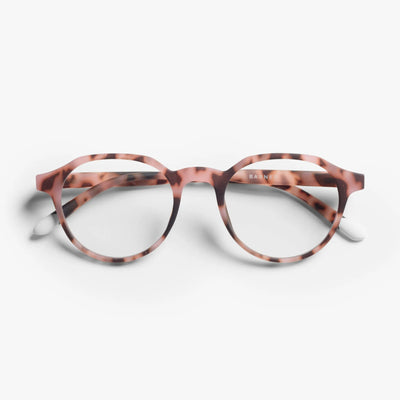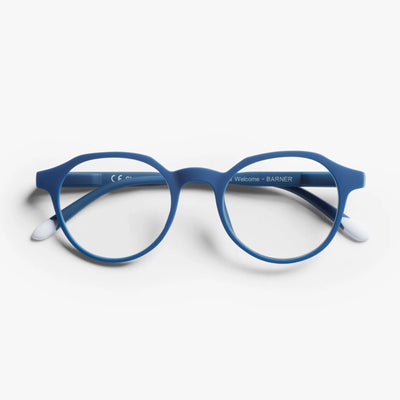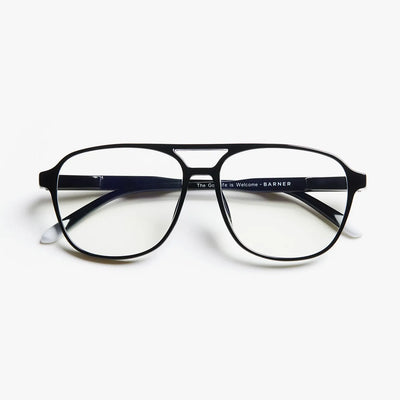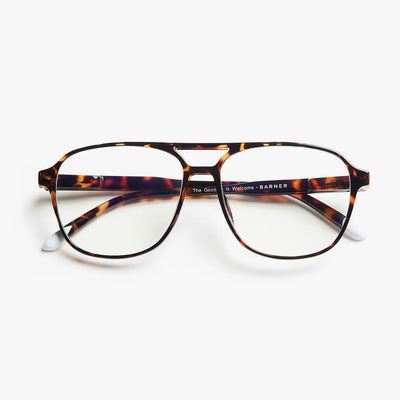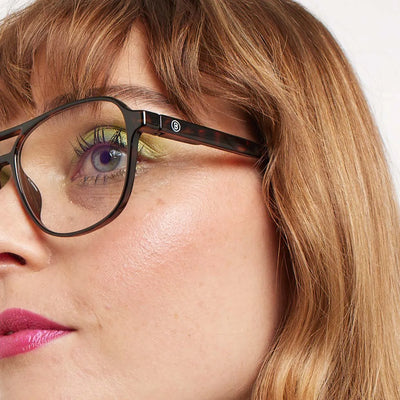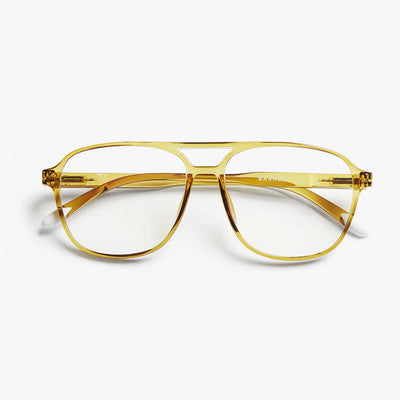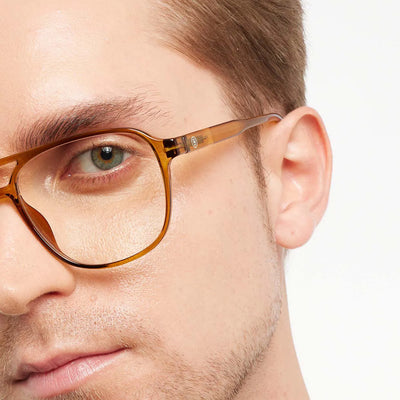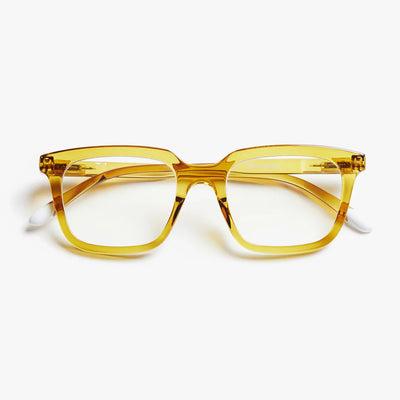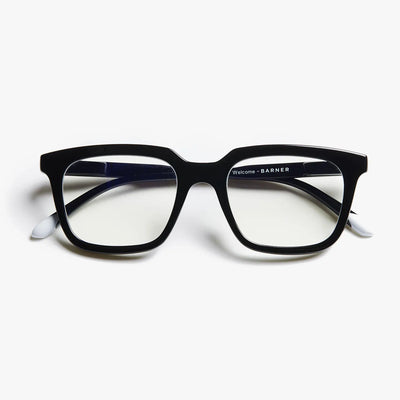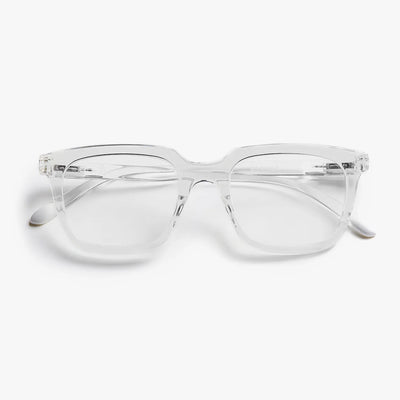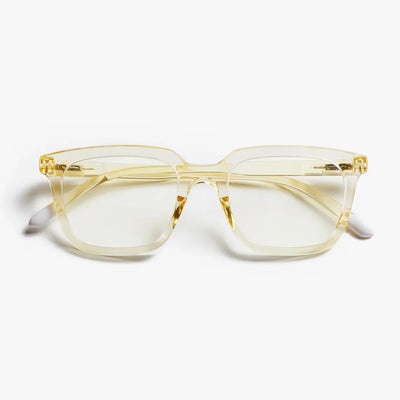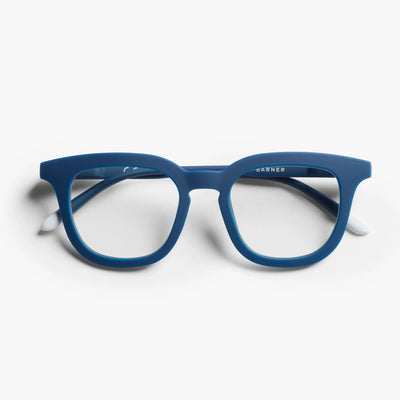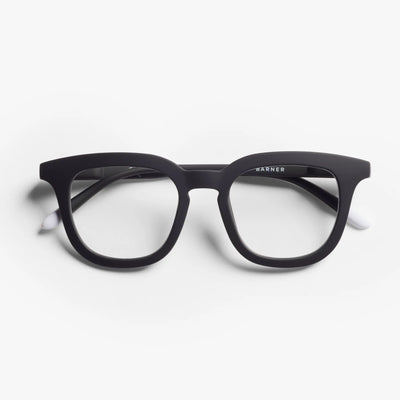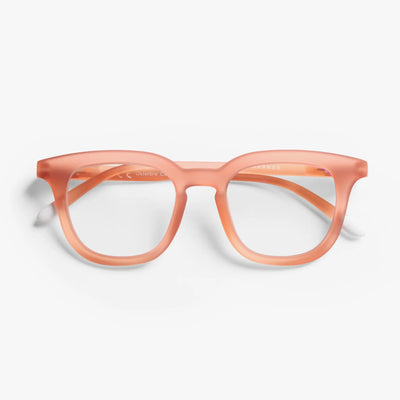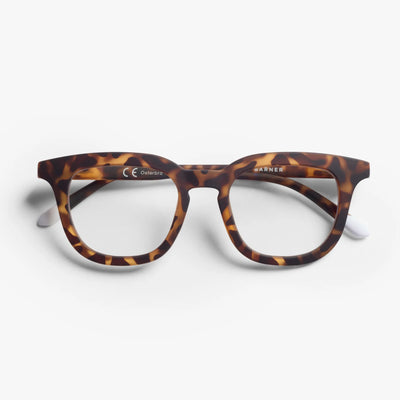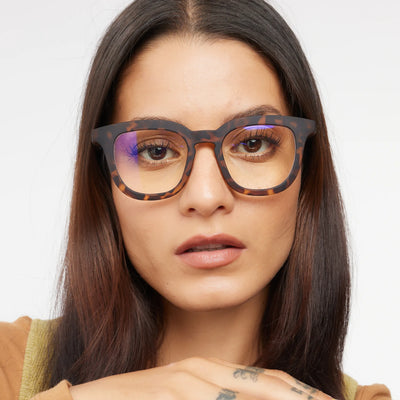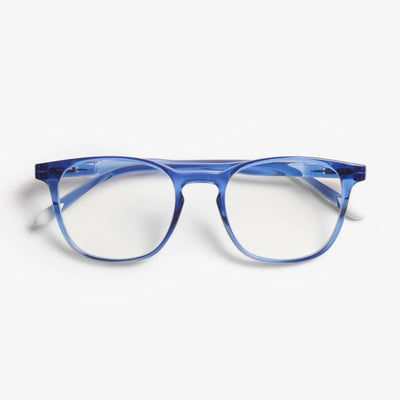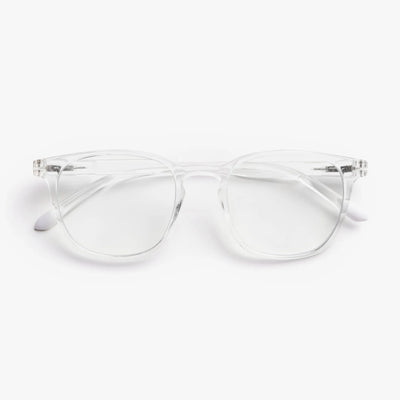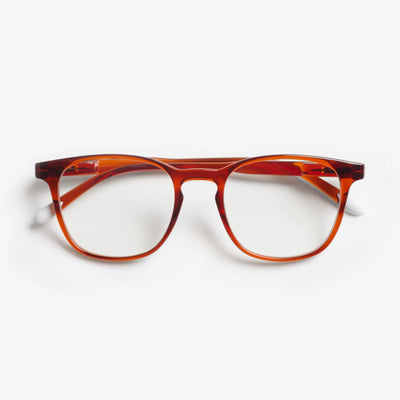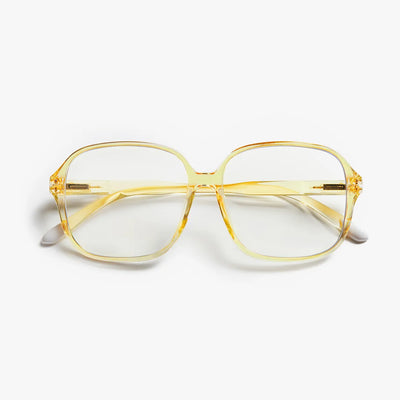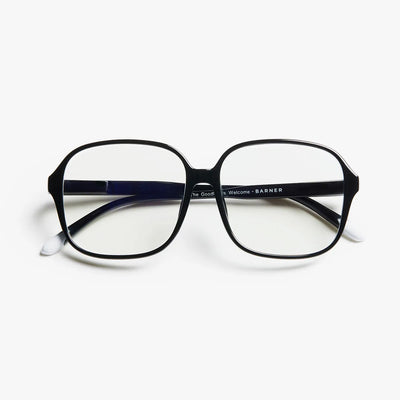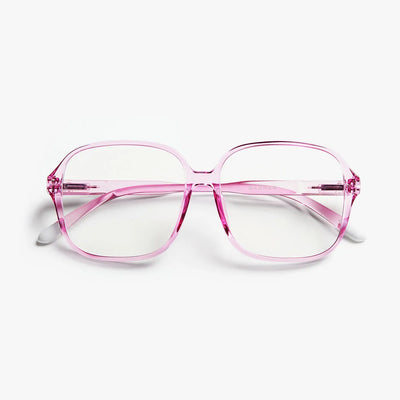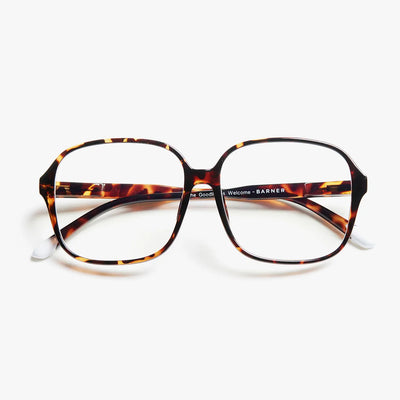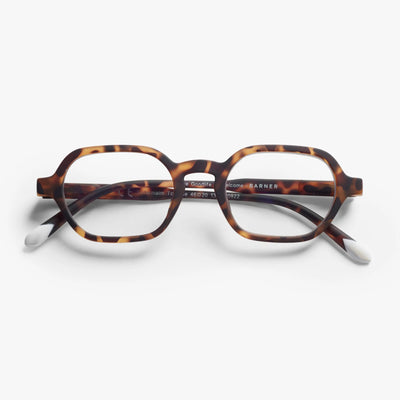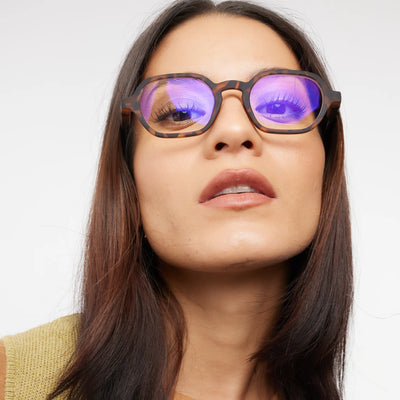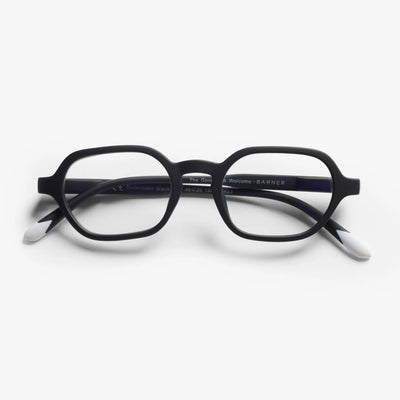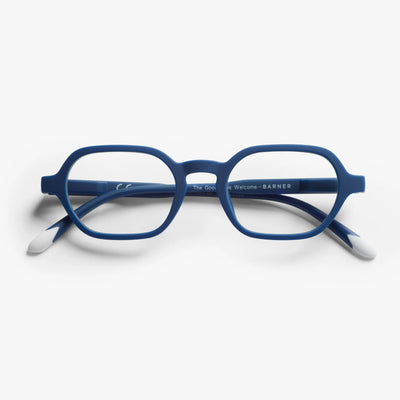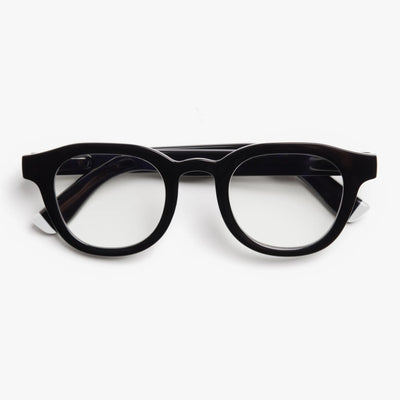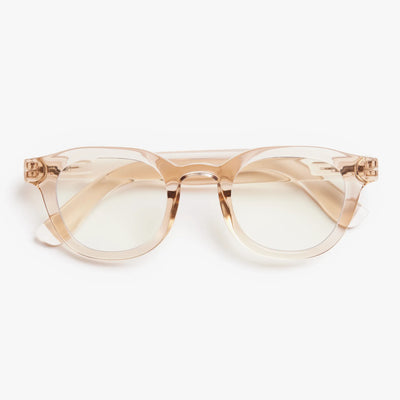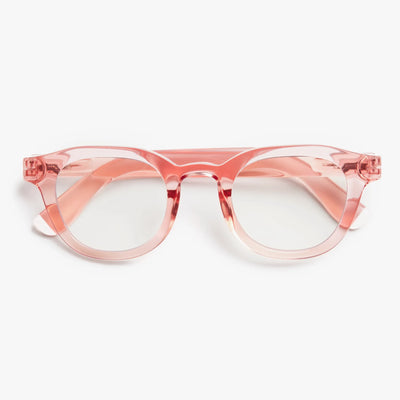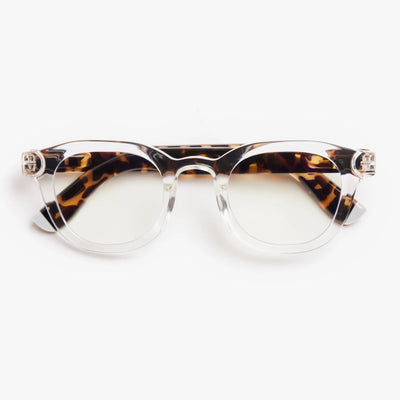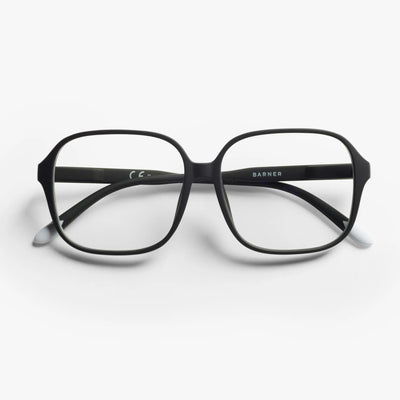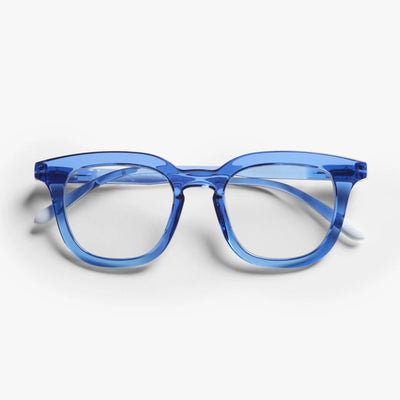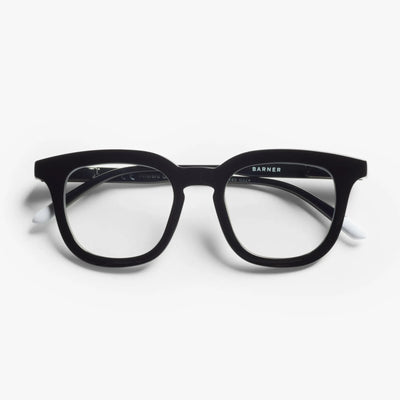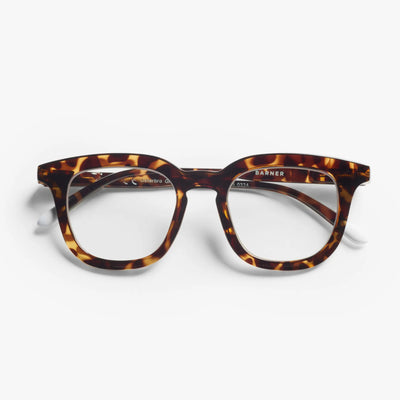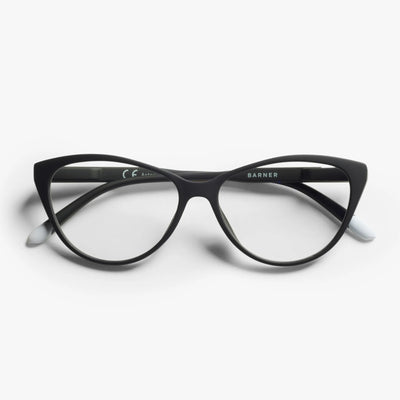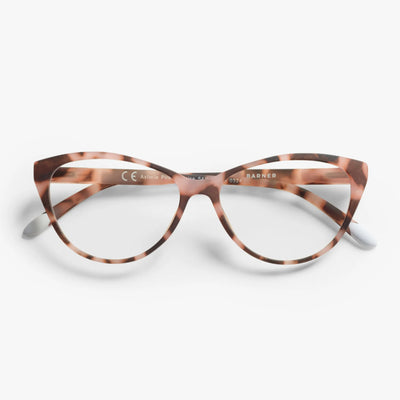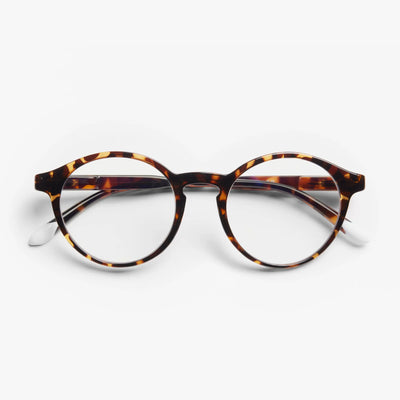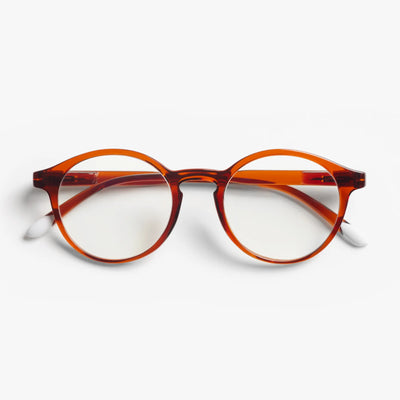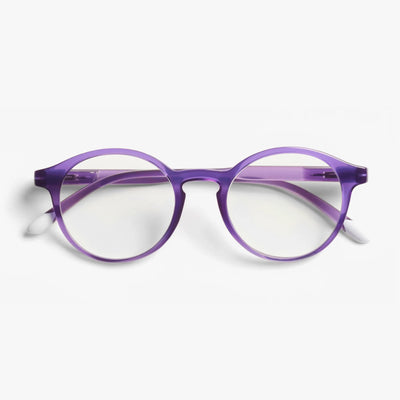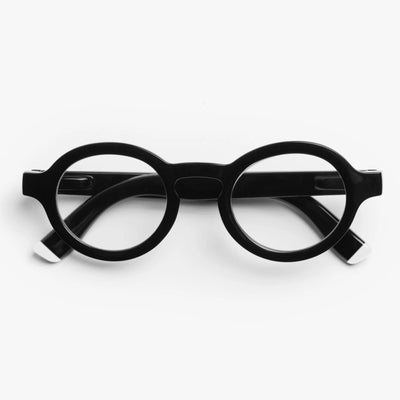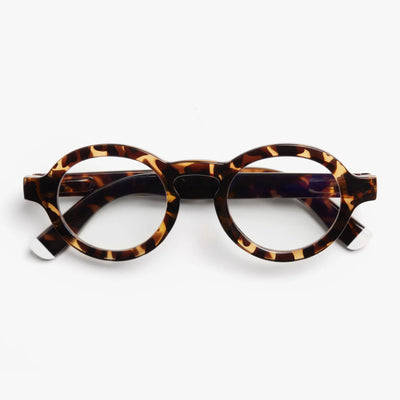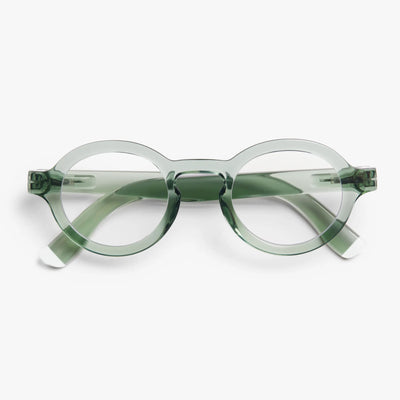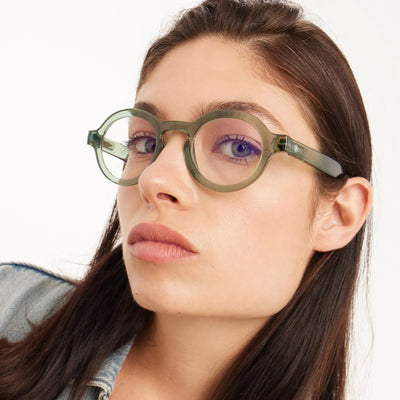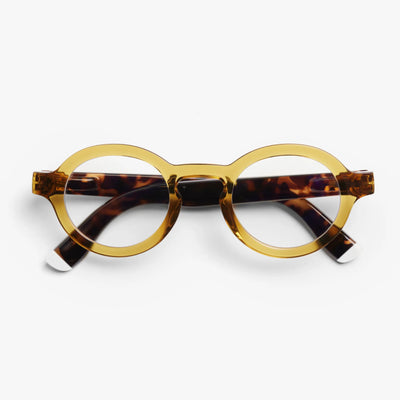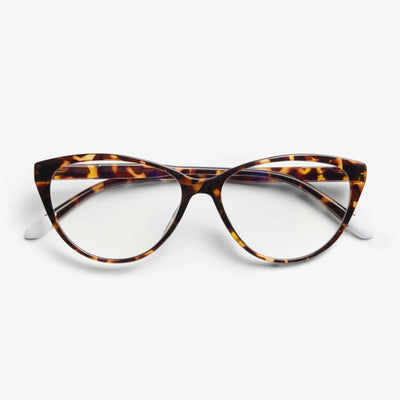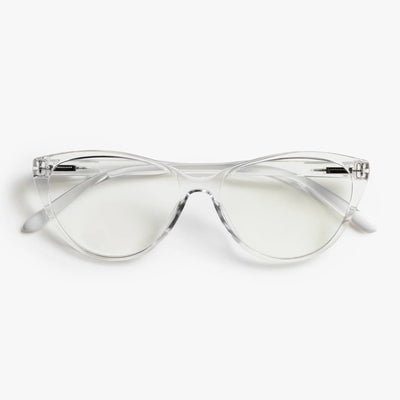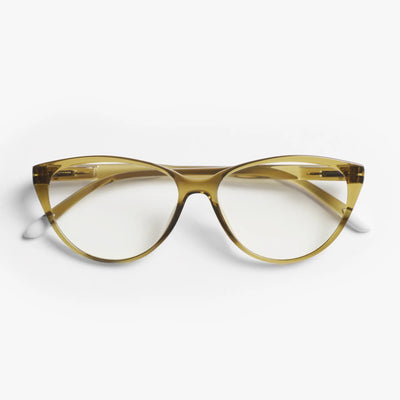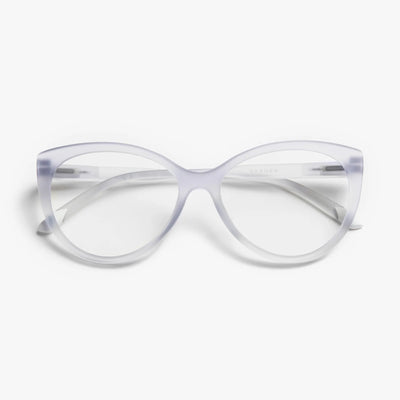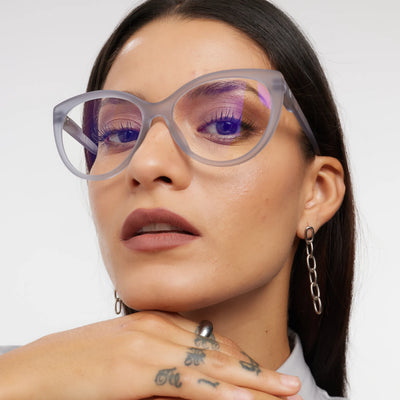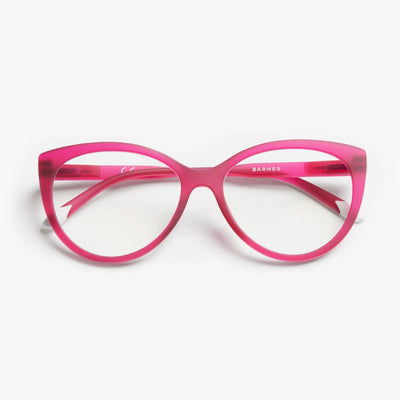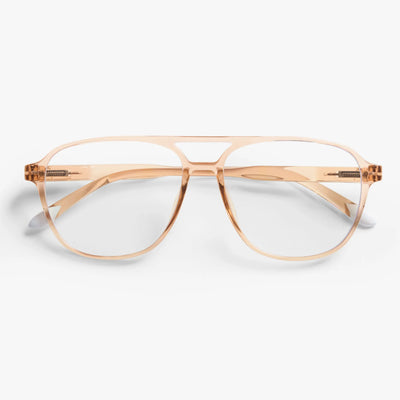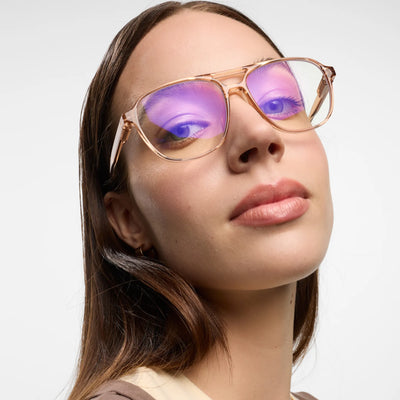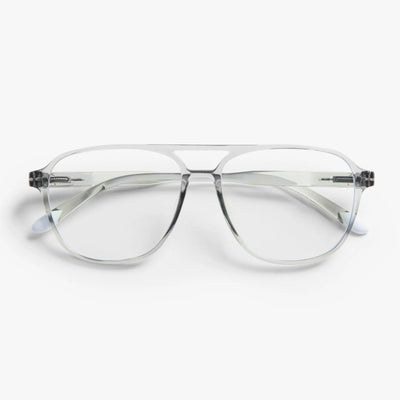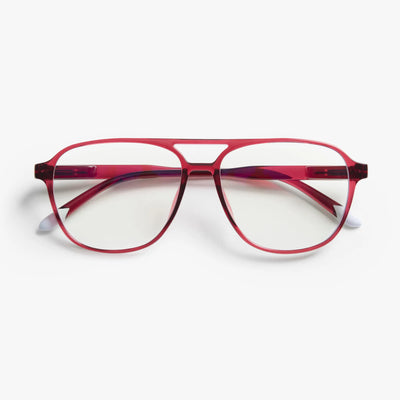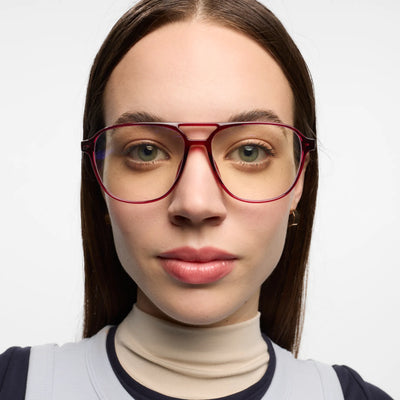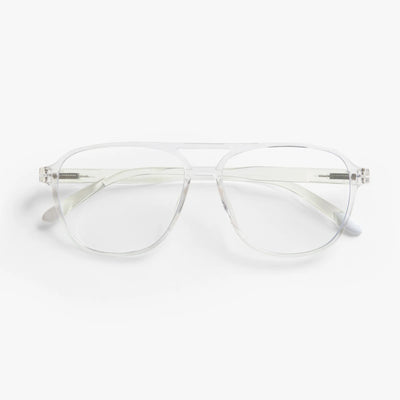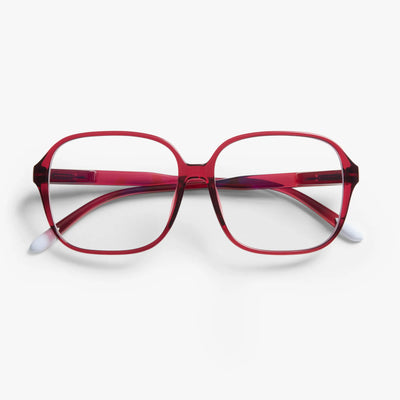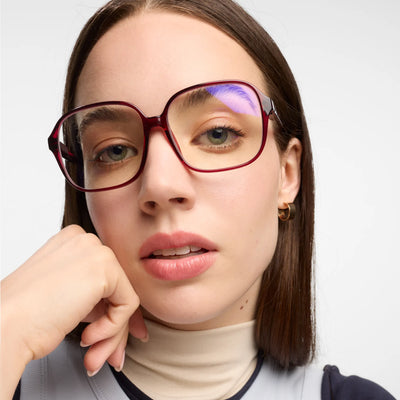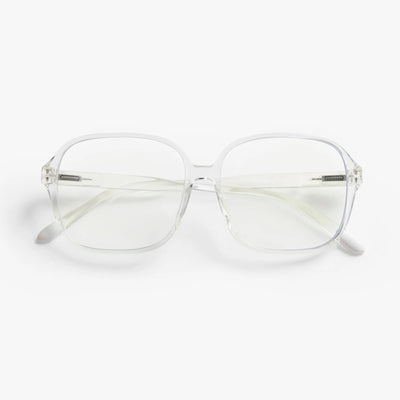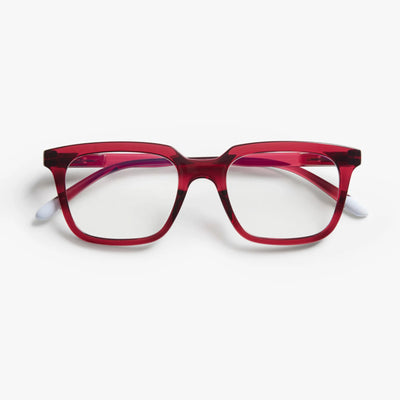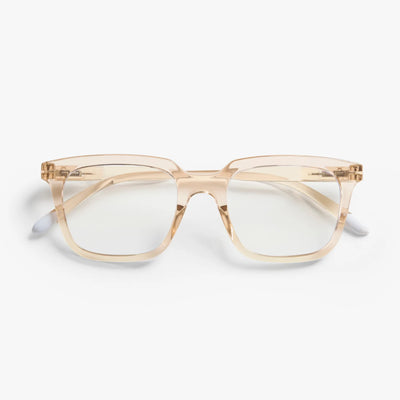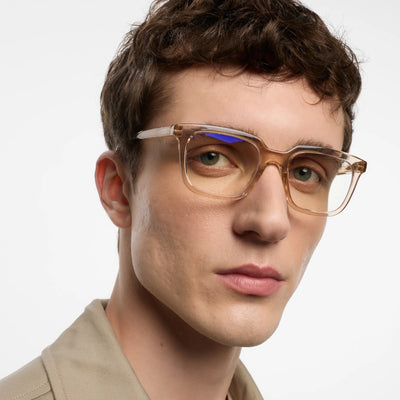The Benefits of Lightweight Reading Glasses and How to Choose the Best Pair
Reading glasses are an essential accessory for those experiencing presbyopia or other age-related vision changes. As you search for the perfect pair, one of the key factors to consider is their weight. Lightweight reading glasses offer numerous advantages, including enhanced comfort and style. This article explores the benefits of the lightest reading glasses, how to choose the best pair, and the importance of blue light reading lenses.
Benefits of Lightest Reading Glasses
Lightweight reading glasses provide several benefits that make them a preferred choice for many users:
- Enhanced Comfort: The most significant advantage of lightweight reading glasses is the comfort they offer. Heavier glasses can cause pressure and discomfort on the nose and ears, especially when worn for long periods. Lighter frames reduce this pressure, making them more comfortable for extended use.
- Reduced Fatigue: Lighter glasses help reduce fatigue, as they don’t exert as much strain on your facial muscles. This is particularly beneficial for those who need to wear reading glasses throughout the day.
- Stylish Appearance: Lightweight glasses often have a sleeker, more modern design, which can enhance your overall appearance. They tend to look less bulky and more refined.
- Better Fit: Lightweight frames tend to stay in place better without sliding down your nose, providing a more secure fit.
How to Choose the Best Lightweight Reading Glasses
Selecting the best lightweight reading glasses involves considering several factors to ensure they meet your specific needs and preferences.
Factors to Consider
- Prescription: Start with an accurate prescription from an optometrist. This ensures you get the correct magnification and any necessary lens corrections, such as for astigmatism.
- Lens Material: Choose lenses made from lightweight materials such as polycarbonate or high-index plastic. These materials are not only light but also durable and provide excellent optical clarity.
- Frame Material: The material of the frame significantly impacts the weight of the glasses. Look for frames made from lightweight materials like titanium, TR90, or high-quality acetate.
- Comfort Features: Consider features that enhance comfort, such as adjustable nose pads and flexible temples. These features ensure a better fit and increased comfort, especially for long-term wear.
Types of Lightweight Frames
When choosing lightweight reading glasses, consider the following frame materials:
- Titanium: Titanium frames are incredibly strong yet lightweight. They offer excellent durability and a sleek, modern appearance. Titanium is also hypoallergenic, making it suitable for those with sensitive skin.
- TR90: TR90 is a thermoplastic material known for its flexibility and lightness. Frames made from TR90 are highly resistant to damage and can withstand everyday wear and tear.
- High-Quality Acetate: While slightly heavier than titanium and TR90, acetate frames are still considered lightweight and offer a range of stylish options. Acetate is durable and can be molded into various shapes and colors, providing both durability and aesthetic appeal.
Blue Light Reading Lenses
In today’s digital age, many people spend a significant amount of time in front of screens, which emit blue light. Prolonged exposure to blue light can cause eye strain, headaches, and disrupt sleep patterns. Blue light reading lenses can help mitigate these effects:
- Eye Protection: Blue light reading lenses are designed to filter out harmful blue light emitted by digital screens. This reduces eye strain and fatigue, making it more comfortable to read on screens for extended periods.
- Improved Sleep Quality: Exposure to blue light, especially in the evening, can interfere with your sleep cycle by suppressing the production of melatonin. Blue light reading lenses can help protect your eyes from this light, promoting better sleep quality.
- Reduced Digital Eye Strain: By filtering out blue light, these lenses can alleviate symptoms of digital eye strain, such as dry eyes, headaches, and blurred vision.
Conclusion
The lightest reading glasses offer numerous benefits, from enhanced comfort and reduced fatigue to a stylish and modern appearance. When choosing the best lightweight reading glasses, consider factors like prescription accuracy, lens material, and frame material. Opt for lightweight frames made from titanium, TR90, or high-quality acetate for the best combination of durability and style. Additionally, incorporating blue light reading lenses can protect your eyes from the harmful effects of digital screens, ensuring a more comfortable and healthy reading experience. Whether you need them for everyday reading or prolonged screen use, lightweight reading glasses with blue light protection are a practical and fashionable choice.
 Black
Black
 Blue
Blue
 Brown
Brown
 Clear
Clear
 Green
Green
 Pink
Pink
 Purple
Purple
 Red
Red
 Yellow
Yellow
 Aviator
Aviator
 Cat-Eye
Cat-Eye
 Geometric
Geometric
 Hexagonal
Hexagonal
 Rectangular
Rectangular
 Round
Round
 Square
Square
 Bio Based
Bio Based
 TR-90
TR-90
 Pattern
Pattern
 Transparent
Transparent
 Aviator
Aviator
 Cat-Eye
Cat-Eye
 Geometric
Geometric
 Hexagonal
Hexagonal
 Rectangular
Rectangular
 Round
Round
 Square
Square
 Bio Based
Bio Based
 TR-90
TR-90


